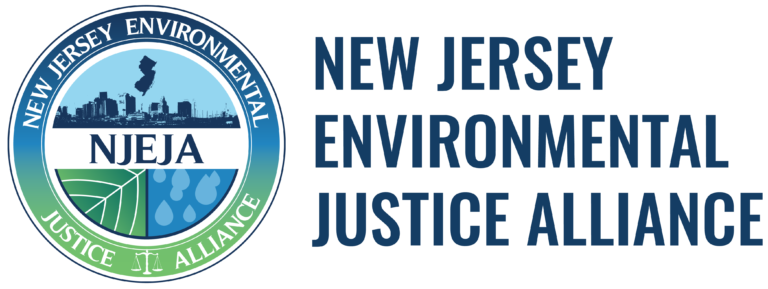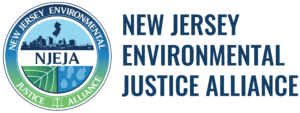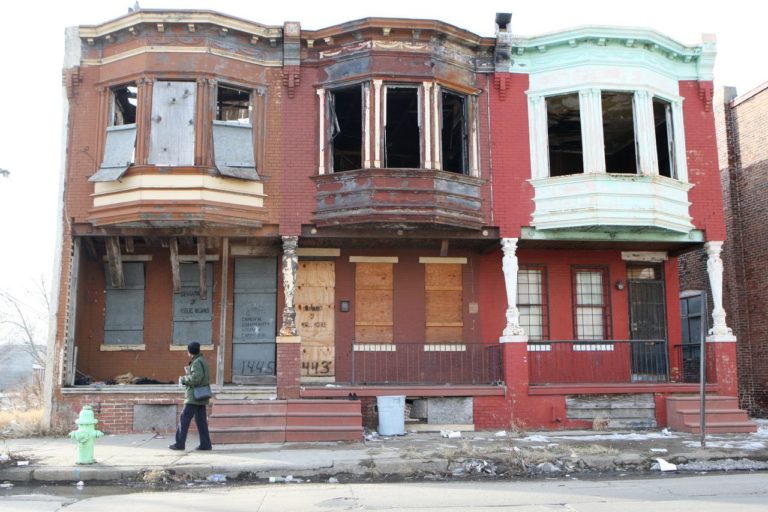FOR IMMEDIATE RELEASE: April 26, 2024
Press Contacts
NJ Environmental Justice Alliance: Melissa Miles | melissa@njeja.org
Center for the Urban Environment of the Watson Institute for Urban Policy & Research: Dr. Nicky Sheats, Esq. | nsheats@kean.edu
Tishman Environment and Design Center: Dr. Ana Isabel Baptista | baptista@newschool.edu
Ironbound Community Corp.: Maria Lopez-Nunez | mlopeznunez@ironboundcc.org
EJ Community Members Say:
EPA Rules Must Incorporate Cumulative Impacts Analysis and Discontinue Reliance on CCS
Washington D.C. – On April 25, the EPA announced a suite of four standards on toxic air pollution, water pollution, land contamination, and GHG (greenhouse gas) emissions from fossil fuel burning power plants. Key among these is the final rule for existing coal-fired and new natural gas-fired power plants.
We recognize the important steps the EPA has taken in removing hydrogen co-firing from consideration as a BSER (Best System of Emissions Reduction) and understand the importance in a delayed ruling on reducing GHG emissions from existing natural gas plants in order to consider the best approach and to address environmental justice concerns.
In order to best address the risks of climate change and local air pollution as well as protect frontline Environmental Justice communities, the EPA should incorporate a cumulative impacts and MER (mandatory emissions reduction) approach.
We would also call upon the EPA to continue to strengthen its rules and ensure that future rules do not include hydrogen co-firing or CCS/CCUS as a BSER. We urge the EPA to discontinue its reliance on and promotion of CCS as a technological solution to climate change mitigation. CCS is an unproven and high-risk approach to reducing GHG emissions, and fails to address co-pollutant emissions from power plants in a meaningful and holistic way.
###
“The EPA Power Plant Rule update resulted from decades of organizing and advocacy and years of partnerships between the EPA and Environmental Justice communities. The EPA is modeling some of the best practices around the engagement of impacted communities, and these updated rules are a win for us all. At the same time, we acknowledge the parts of the rules flagged by communities as non-starters, namely the use of carbon capture, utilization and storage in EJ communities. The implicit inclusion of this dangerous technology was a loss for us all. However, we maintain hope that the next update will incorporate cumulative impacts and a mandatory emissions reduction approach to regulating existing power plants.”
Melissa Miles,
Executive Director, New Jersey Environmental Justice Alliance
“I congratulate EPA on the decision to remove hydrogen co-firing from the power plant rule. However, cumulative impacts and mandatory emissions reductions policies should be incorporated into the rule to protect environmental justice communities in general, and especially as a safeguard for the potential harms of carbon capture technology, which unfortunately remains in the rule. These protective policies should also be incorporated into the existing gas plants portion of the rule.”
Dr. Nicky Sheats, Esq.,
Director, Center for the Urban Environment, John S. Watson Institute for Urban Policy and Research at Kean University
President of the Board and member of the New Jersey Environmental Justice Alliance
“We want to urge the USEPA to prioritize the health and well-being of environmental justice communities in the implementation of these rules. We look forward to seeing mandatory emissions reductions and approaches to reducing cumulative impacts embedded in the regulations now being developed for existing natural gas plants.”
Dr. Ana Isabel Baptista,
Co-Director Tishman Environment & Design Center
NJEJA Board Member
“EPA has to show progress on cumulative impacts and mandatory emissions reductions if we are to believe that this administration is not just all talk regarding the welfare of the most vulnerable communities. These concepts must be embedded into existing and future regulation to safeguard our communities from bad local actors.”
Maria Lopez-Nunez,
Deputy Director, Organizing and Advocacy Ironbound Community Corporation
For questions regarding this statement, please contact Brooke Helmick, NJEJA Director of Policy at brooke@njeja.org.
The New Jersey Environmental Justice Alliance is an alliance of New Jersey-based organizations and individuals working together to identify, prevent, and reduce and/or eliminate environmental injustices that exist in communities of color and low-income communities. NJEJA will support community efforts to remediate and rebuild impacted neighborhoods, using the community’s vision of improvement, through education, advocacy, the review and promulgation of public policies, training, and through organizing and technical assistance.
The Center for the Urban Environment (CUE) strives to protect communities Of Color and low-income communities from disproportionately high amounts of pollution by addressing environmental justice (EJ) issues on the local, state and national levels.
The Tishman Environment and Design Center at The New School is a collaborative community of practice that leverages research, policy, and design in accordance with the Jemez Principles for Democratic Organizing. Our Center brings together research and action to tackle the root causes of climate and environmental injustice and commit to changing higher education practices within and beyond The New School.
The Ironbound Community Cooperation upholds and builds upon the principles of “Justice and Equality for All.” We strive to practice and build equity, work towards a Just Transition, and organize community on the basis of the Jemez Principles. We envision a safe, healthy, just, and nurturing Ironbound; a welcoming and fully inclusive community that supports equal and accessible opportunity and the quest for a better life. For us, revitalization means uplifting both people and place. Therefore, we aim to lead the transformation of Ironbound into a neighborhood where anyone might choose to live and current residents can remain in their homes and their community without fear of being displaced.








